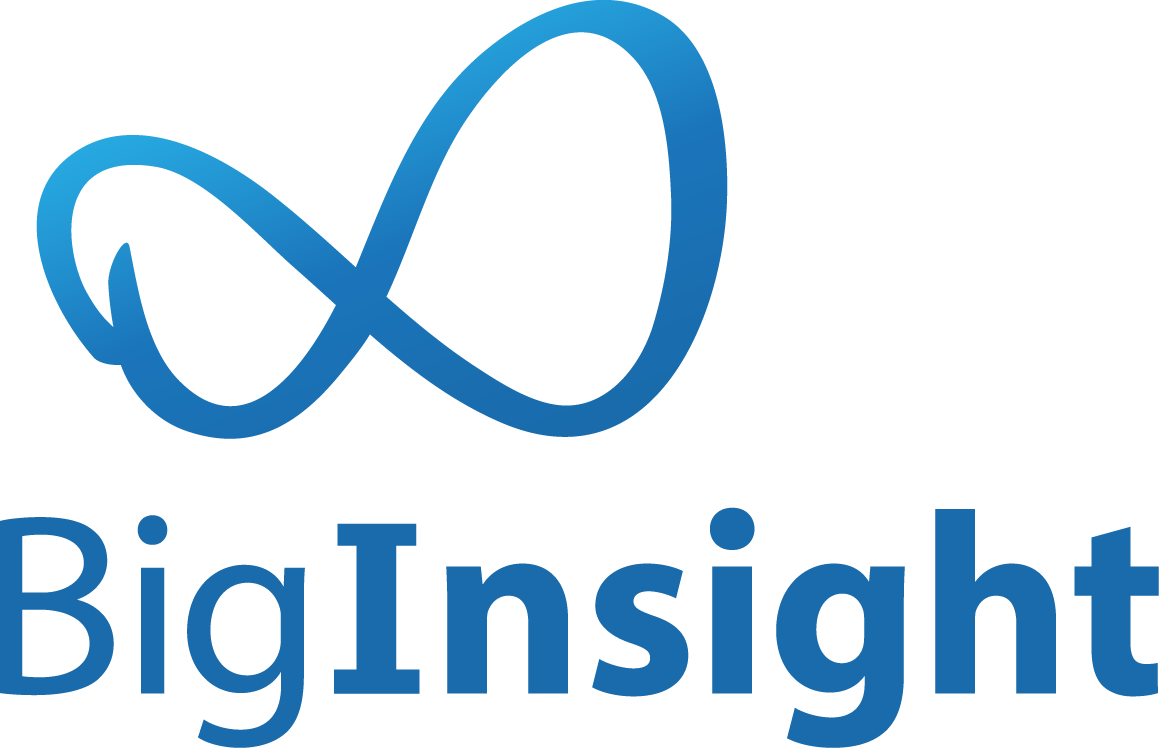SOFTWARE
BayesMallows: Bayesian Preference Learning with the Mallows Rank Model [CRAN] [GitHub] [R Journal]
BayesSUR: Bayesian Seemingly Unrelated Regression [CRAN]
bayesynergy: An R package for Bayesian semi-parametric modelling of in-vitro drug combination experiments [GitHub]
DIscBIO, A user-friendly R pipeline for biomarker discovery in single-cell transcriptomics, [GitHub]
ELFI: A statistical software package for likelihood-free inference [Zenodo] [Read the Docs] [GitHub]
EnrichIntersect: an R package for custom set enrichment analysis and interactive visualization of intersecting sets [CRAN] [GitHub]
eXplego: An interactive tool that helps you select appropriate XAI-methods for your explainability needs [GitHub] [Web page][Demo paper]
hdme: High-Dimensional Regression with Measurement Error [CRAN] [GitHub]
[Journal of Open Source Software]
kdensity: An R package for kernel density estimation with parametric starts and asymmetric [CRAN] [GitHub] [Journal of Open Source Software]
LogisticCopula: A Copula Based Extension of Logistic Regression [CRAN] [GitHub]
matlab2r: Translation Layer from MATLAB to R [CRAN] [GitHub]
MCCE: Monte Carlo sampling of realistic Counterfactual Explanations for tabular data
[GitHub R] [GitHub Python]
perms: Fast Permutation Computation [CRAN]
pycox: Survival analysis with PyTorch [GitHub] [PyPI]
pyPhenoPop: Phenotypic deconvolution in heterogeneous cancer cell populations using drug screen data [PyPI] [GitHub]
shapr: Explaining the output of machine learning models with more accurately estimated Shapley values [CRAN] [GitHub] [Journal of Open Source Software]
Shiny app for prior elicitation [shinyapps.io] [GitHub]
skchange: Provides sktime-compatible change detection and changepoint-based anomaly detection algorithms [GitHub]
spread: An R package that contains different infectious disease spread models [CRAN] [GitHub]
tpca: automatically selecting the principal components most sensitive to changes [GitHub]
tpcaMonitoring: performing TPCA change detection [GitHub]
twl: Two-Way Latent Structure Clustering Model [CRAN]


